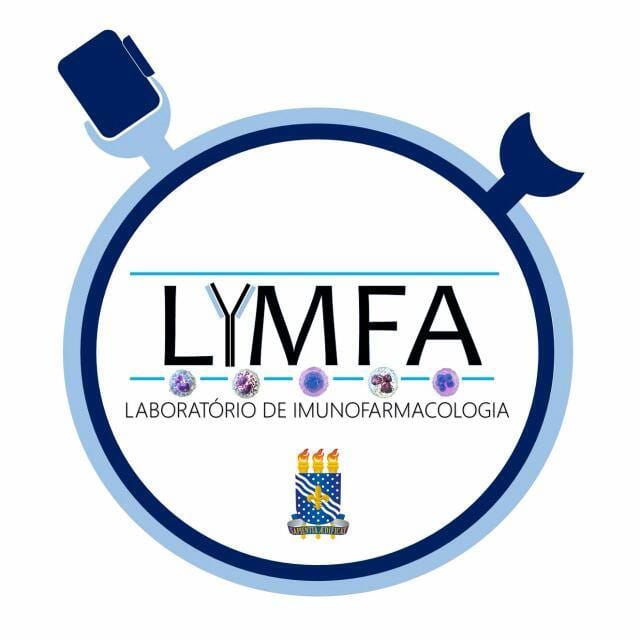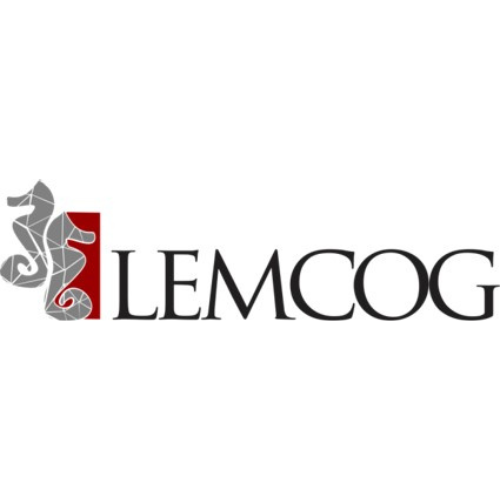The Graduate Program in Cognitive and Behavioral Neuroscience has laboratories that foster integration and the production of interdisciplinary knowledge among the program’s faculty and students. These laboratories contribute to the consolidation of research lines focused on regional and national social development, while also considering their role in the international context, as evidenced by partnerships and international publications. More information can be found through the link to each laboratory below:
Immunopharmacology Laboratory;
ㅤ
Study Group on Physical Exercise and Nature;
The Study Group on Physical Exercise and Nature, affiliated with the Federal University of Paraíba, carries out research and outreach activities in two main areas: the relationships between physical activity, behavior, environment, and sustainable well-being; and the physiological effects of exercising in natural environments, also known as green exercise. The group seeks to produce interdisciplinary and socially relevant knowledge, contributing to healthier and more sustainable lifestyles. Its initiatives engage students, researchers, and the community, strengthening the dialogue between science and society.
ㅤ
Laboratory for Studies in Memory and Cognition;
Memory is an essential cognitive function for both survival and quality of life. Episodic memory is one type of memory that we all possess, involving the formation and retrieval of information about where and when a given event occurred. This memory system declines with age. Our research aims to understand the neural basis of episodic memory. What is the contribution of different areas of the medial temporal lobe to the expression of this type of memory? How does the behavioral expression of episodic memory occur? Questions such as these guide the research conducted at the Laboratory for Studies in Memory and Cognition (LEMCOG).
ㅤ
Center for Studies in Mental Health, Education and Psychometrics
With a focus on the intersection between mental health, education, and psychometrics, NESMEP’s mission is to develop research that generates both scientific and social impact. We believe in the power of interdisciplinary collaboration to address complex questions. Our main area of work is the development and validation of assessment instruments, a field that is fundamental for diagnosis and the planning of effective interventions. Ultimately, the research we conduct aims to produce knowledge that can be applied in practice, contributing to advancements in both health and education.
ㅤ




